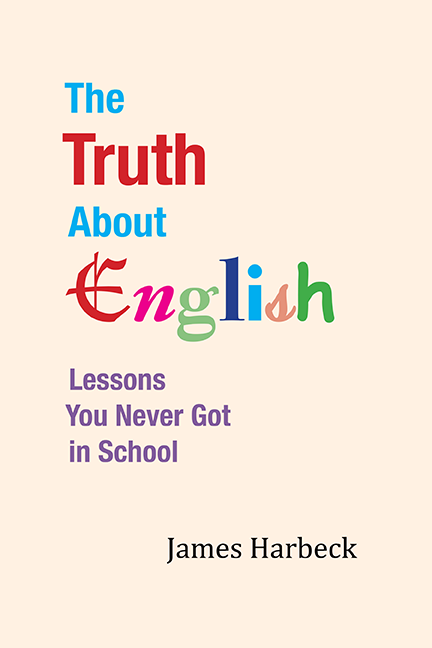Oh, yay. It’s election season. Kind of like the run-up to Christmas: too long, too expensive, too noisy, and you probably won’t like what you get on the actual day. But instead of people wanting to nuzzle us standing under mistletoe, we get people wanting to misle us to non-understanding.
Misle? Sure! Check news reports about any ad or debate: “[Candidate X] misled voters with a boutique selection of house-trained factoids…”
What’s that, you say? Misled is just a past tense of mislead? It should be said mis-led? Come, now. Have you never looked at this word and been misled by its appearance, reading it at first as though it rhymed with “wise’ll” or “thistle”? Admit it, it works: we are rained with missiles of measly, even miserly, misinformation – slim bits of truthiness from slimy politicos. If you try to fight through the pettifoggery, the mist’ll clear to a fine drizzle… they’ll be telling you it’s raining, but really they’ll be micturating and hoping you’ll be too befuddled to figure it out.
It happens that there is a verb misle – in fact, there are two different verbs misle. In both cases it’s an archaic alternative spelling for mizzle. The first verb mizzle means ‘drizzle; rain in fine droplets’. The second verb mizzle – apparently unrelated – means (to quote Oxford) “to confuse, muddle, mystify; to intoxicate, befuddle.” And this one has a minor history of relation to mislead, as we see in two quotes that Oxford has given us. Bishop W. Barlow, in 1601, wrote “They were by their owne ignorance mizeled, or by their blind guides miss-led.” And in 1999, an author in The Scotsman wrote “Do not be mizzled, I mean misled, by their propaganda.”
So it’s an agreeable, even plausible, form; it has echoes and overtones of relatable imagery; it has historical associations and attestations. It is, we may say, a truthy word. And, more to the point, it’s perfectly cromulent. We can, by the power vested in us as users of the language, decide it should be a verb, and start to use it as one, and it will be so. It won’t change its past – a word’s history isn’t just whatever you decide it should be, although many people seem to think so – but it will change its present and future.
It’s sort of like an election. But there are differences. If someone misles you – if you are misled by them, I mean – on matters such as balance sheets and scientific fact, voting for them on the basis of their version of the truth will not make that version instantly true. Language can shift according to the decisions of users, because it exists by common agreement in our minds, but the hard cold world of external reality will not smile on those who misle.
Addendum: It turns out that misle is also used as the name for words that are commonly, spontaneously, persistently misread. See Misle list 2002 for a list.







Reblogged this on (fancy adjective) (noun) and commented:
GUYS
GUYS
MY LIFE HAS NOT BEEN A LIE AFTER ALL
HAPPY NATIONAL DAY, COMPATRIOTS
how cute! though in my head I’ve always mispronounced “misled” as my-zld and not mizzled. I wonder if it’s just me.
No, it actually seems more natural that way to me too. But I have no dictionary support for that. 🙂
When, at the age of four, I first encountered misled I saw no reason to make the “i” short. So, for years, my-zld it was. (At the same time the word acme obviously had to be pronounced ay-kum!)
That’s actually still how I want to say it. And yes, in my youngest years “Acme” seemed like it had to be pronounced as you say too.
I first heard “myzled” while listening to a college radio station. The young newscaster said something like, “Congress said the president had myzled them again.”
Took me a moment to decipher it.
Pingback: awry | Sesquiotica
Our family adopted the myzle pronunciation years ago, at our daughter’s instigation. There’s something appropriate about the whiff of bamboozlement hanging around it. (Reminds me of my favourite among said daughter’s many coinages: to emboozle food, as in to add alcohol to it).
Emboozle! Oh, I do like that.
Leave to children to coin the most fabulous words. My son at a very young age came up with exo-skulletin for helmet. Clever on many levels. Receiving an injury while orally moistening an envelope was a split-lickety.
Pingback: dirigible, blimp | Sesquiotica